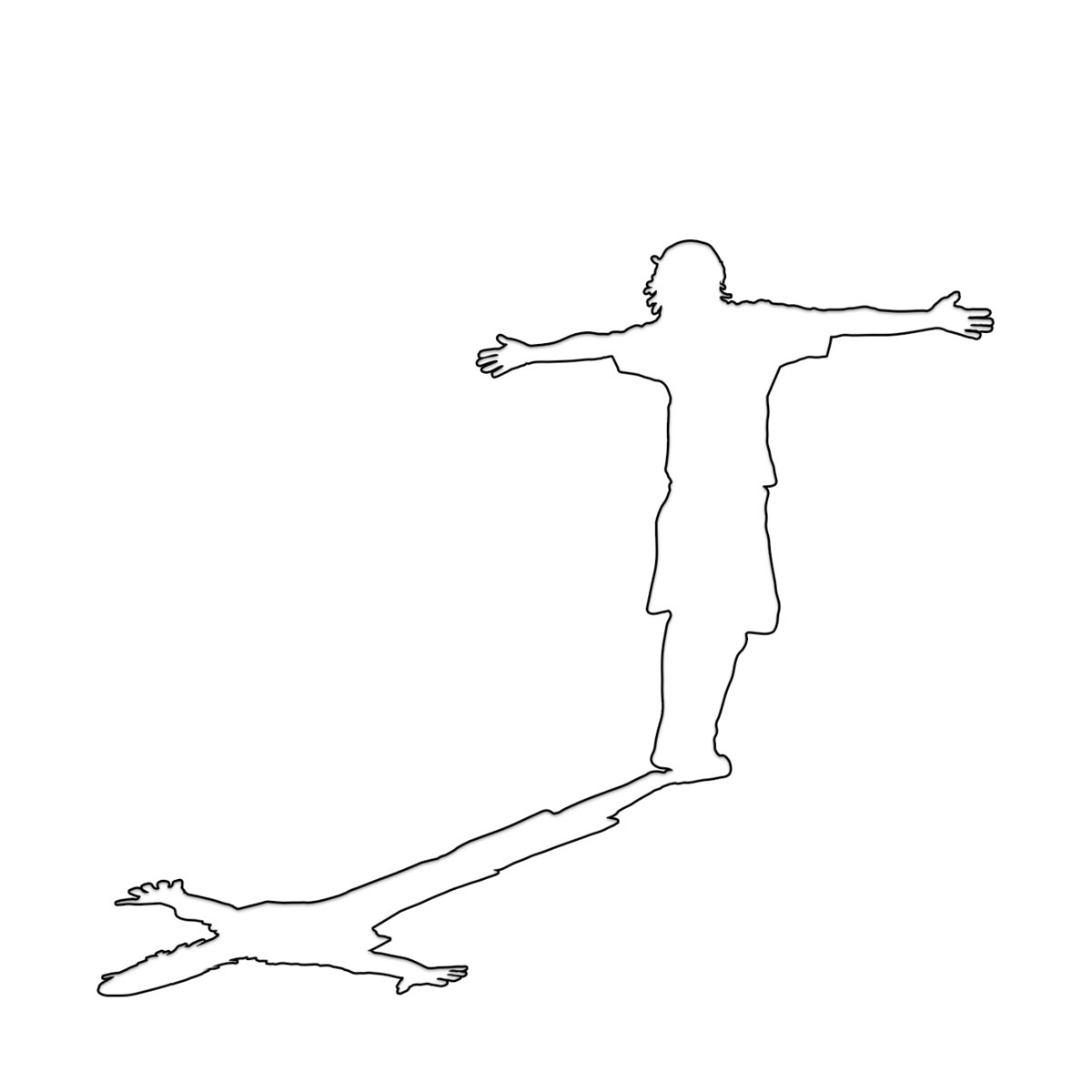At CODE, we believe that the most insightful and interesting conversations happen between peers. Whether they share a language, a craft, or a curiosity that pushes the boundaries of their fields we are connecting the characters at play. Reflecting our overall goal in bridging the gaps of communities. Our new peer-to-peer interview series brings together musicians, artists, scientists, and cultural thinkers in direct dialogue, offering perspectives sometimes unfiltered on the intersections of art, technology, and the sciences. Through these exchanges, we aim to uncover the questions that drive creative and intellectual discovery, creating a space where innovation thrives in conversation.
Gregory Miller: What else have you been working on?
Thanksgod: I just, recorded vocals on this punk demo. I still have
to master it.
TG: It all relates to the theme of identity. That's a central focus
of the album—who we are versus who we present ourselves to be. The
album cover reflects this too: I'm really into Carl Jung's concept of
the "Shadow Self."

GM: Jung, the psychologist?
TG: Yeah. He worked with Freud at first, but they had a falling
out when Jung started disagreeing with him. Freud basically cut him
off, and Jung ended up losing his career. He went through this
existential crisis and created The Red Book, which is half
philosophy and half personal reflections. It's styled like a
hermetic manuscript and dives into his struggle with the darker
parts of himself—the same devils he spent years analyzing in others.
Jung's big idea was the "Shadow Self"—the part of you that you hide
from the world. That's what Ultraviolence is about for me. It's a
deep dive into the shadow realm. I used samples of people being
murdered in movies, for example, as a way to show evil from the
perspective of good.
Good and evil coexist in balance—one doesn't exist without the
other. Like Yin and Yang. If you ignore evil and pretend it doesn't
exist, that's when it creeps into your life and consumes you. Like I
was saying before, all evils are committed by people who believe
they're incapable of engaging with evil in the first place.
The album cover shows a silhouette of the character with their
shadow equally highlighted. It's about unifying the shadow self with
the actual self—to me that's what it means to be a "perfect person."










